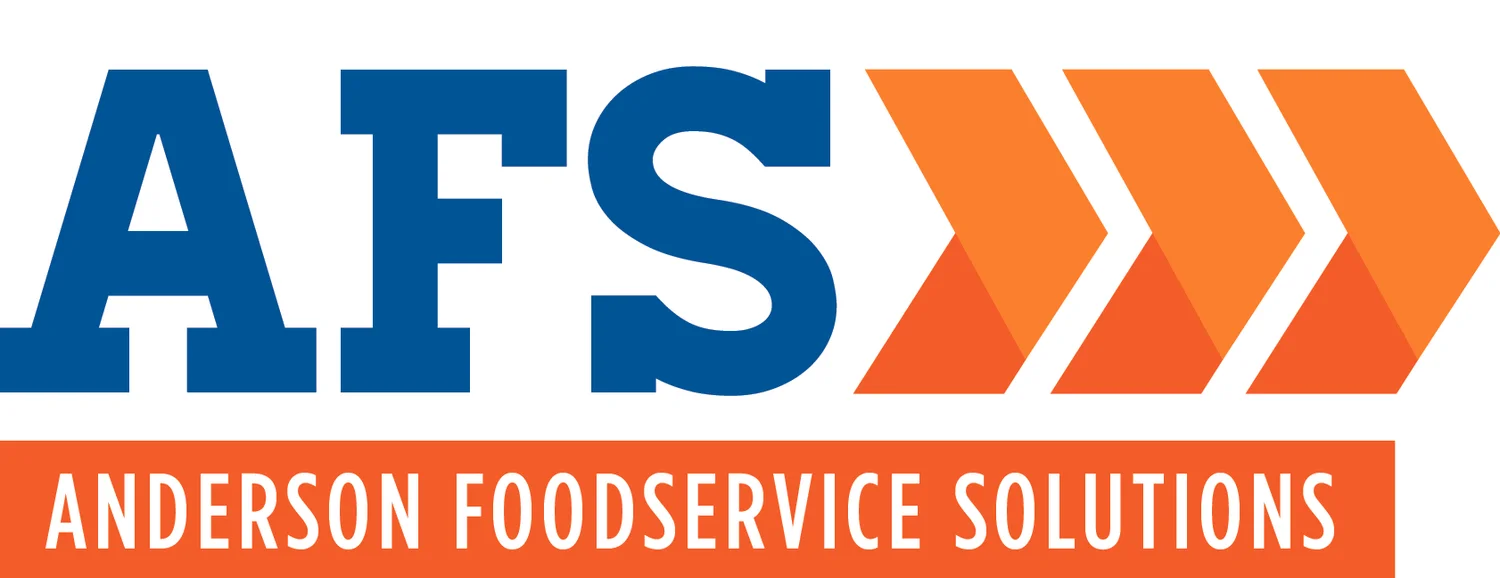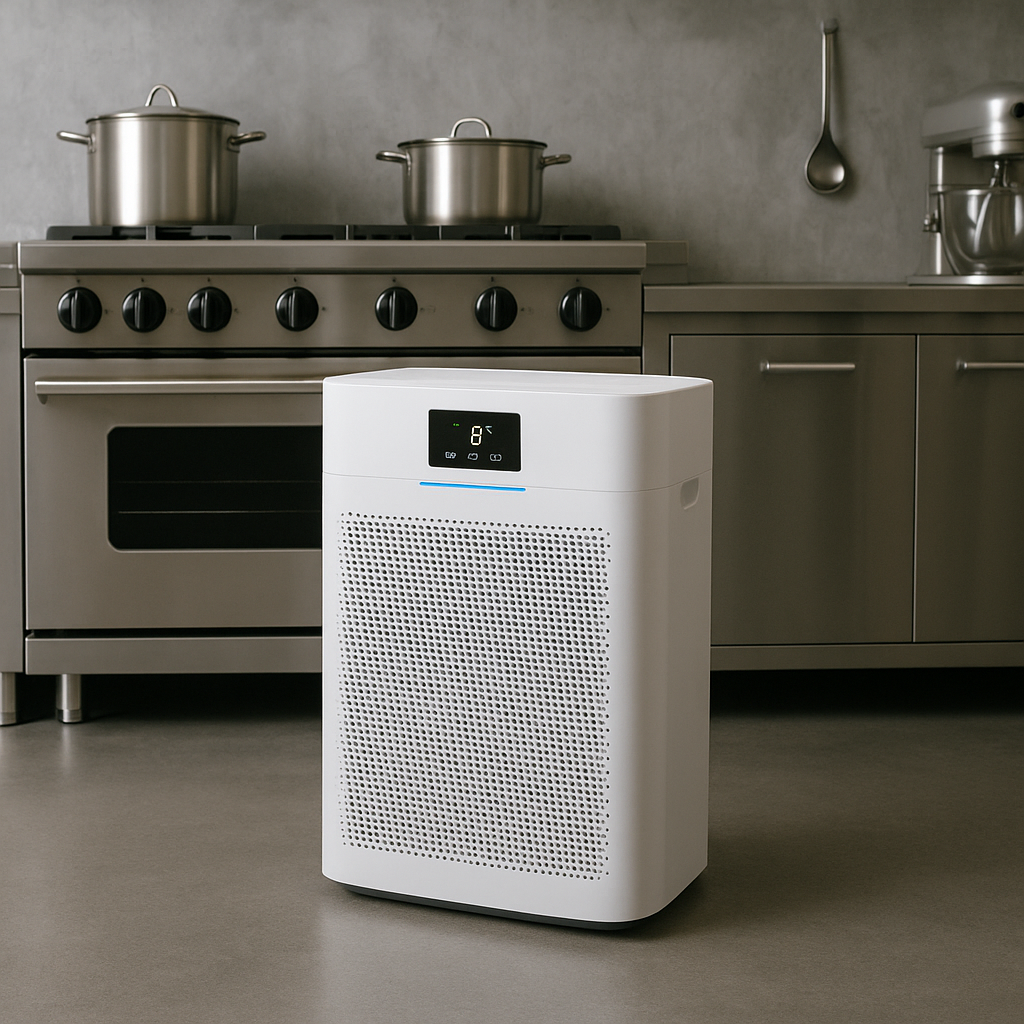Air quality is an important factor in maintaining food safety and staff health in commercial kitchens. Advanced air purification systems are now available to improve air circulation, remove contaminants, and ensure a cleaner kitchen environment.
What Are Advanced Air Purification Systems?
UV-C Technology: UV-C light is used to disinfect the air and surfaces by killing bacteria and viruses. Many commercial kitchens now use UV-C systems to improve air quality and food safety.
HEPA Filters: High-efficiency particulate air (HEPA) filters are designed to capture tiny particles like dust, allergens, and bacteria. These filters are being integrated into air handling systems for kitchens, improving air quality.
Ionization Systems: Ionization technology uses charged particles to attract and neutralize airborne contaminants, providing cleaner air for kitchen staff.
Why Air Quality Matters:
Food Safety: Improved air circulation and filtration systems reduce the risk of contamination, ensuring food is prepared in a clean environment.
Employee Health: Proper air purification helps protect kitchen staff from airborne pathogens, reducing the risk of illness and promoting a healthier workplace.
Compliance: With growing regulations around workplace health and safety, air purification systems can help meet government standards for foodservice operations.
In summary, investing in advanced air purification systems is essential for maintaining a safe, clean, and healthy kitchen. These systems help ensure food safety, employee well-being, and compliance with air quality regulations.

